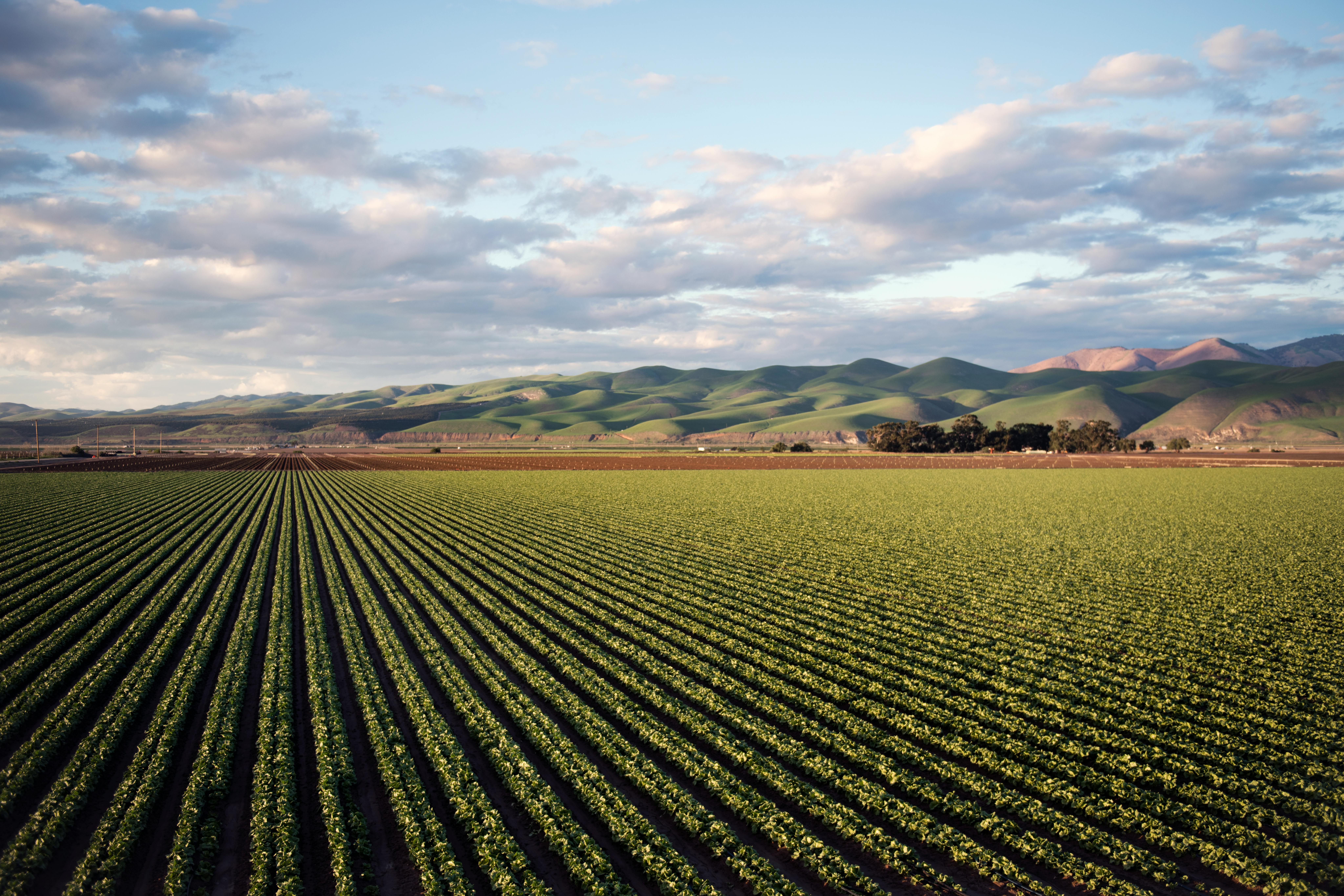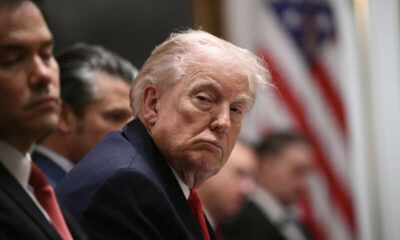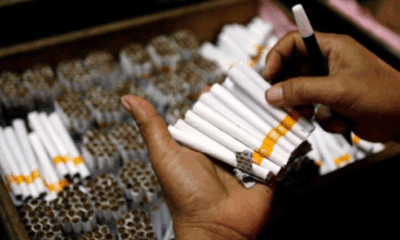News
Western Cape Agriculture Grows 14% Despite Trump’s Tariffs

Western Cape Agriculture Grows 14% Despite Trump’s Tariffs
Sector outperforms national trends
The Western Cape’s agricultural sector defied global trade headwinds in the second quarter of 2025, growing 14% year-on-year even after US president Donald Trump imposed 30% tariffs on South African exports.
The Agricultural Economic Quarterly Report shows that the province’s economy grew by 0.7% quarter-on-quarter and 1.3% year-on-year. Agriculture accounted for 4.7% of the provincial economy, with a 2.5% quarterly growth rate.
Jobs and resilience
Western Cape Minister of Agriculture, Economic Development and Tourism, Dr Ivan Meyer, welcomed the figures, saying the results highlight the sector’s resilience.
“Agriculture remains a cornerstone of the Western Cape’s economy. The sector’s resilience and growth are a testament to the hard work of our farmers, agri-workers, and agri-processors,” Meyer said.
Agriculture and agri-processing supported 302,604 jobs in Q2 2025, representing 11% of all employment in the province. Of these, 202,120 were in primary agriculture, with crop production making up 81% of the workforce. The agri-processing industry added another 100,484 jobs, largely driven by food and beverage production.
Contribution to national output
The report underscores the Western Cape’s national importance. The province consistently delivers 20% of South Africa’s agricultural gross value added (GVA). Horticulture remains the leading contributor, with citrus, vegetables, and deciduous fruits at the top.
Nationally, horticulture generated R44 billion in gross farm income in Q2 2025. Much of this came from export-driven crops that continue to find demand despite tariffs and shifting trade conditions.
Policy alignment and growth strategy
Meyer linked the agricultural success to the province’s long-term plans, including the Growth for Jobs Strategy, which aims to grow the economy by 4 to 6% annually and create 600,000 new jobs by 2035.
“The agricultural sector not only drives economic growth but also plays a vital role in job creation, especially in rural communities. We remain committed to supporting this sector through innovation, infrastructure investment, and market access initiatives,” he said.
Trade challenges and opportunities
While tariffs from the United States present hurdles, the Western Cape continues to expand into alternative markets in Europe, Asia, and Africa. Industry leaders argue that diversification is key, especially for high-value exports like citrus and wine.
Local commentators on social media praised the resilience of farmers, with one saying: “Even with global politics against us, our farmers prove again they are the backbone of the Western Cape economy.”
Outlook
The Western Cape Government has pledged ongoing support for agriculture through policies designed to expand market access, improve competitiveness, and strengthen rural economies. The sector’s strong Q2 performance shows that despite global trade tensions, local agriculture remains one of the province’s most reliable economic drivers.
{Source: IOL}
Follow Joburg ETC on Facebook, Twitter , TikTok and Instagram
For more News in Johannesburg, visit joburgetc.com



























